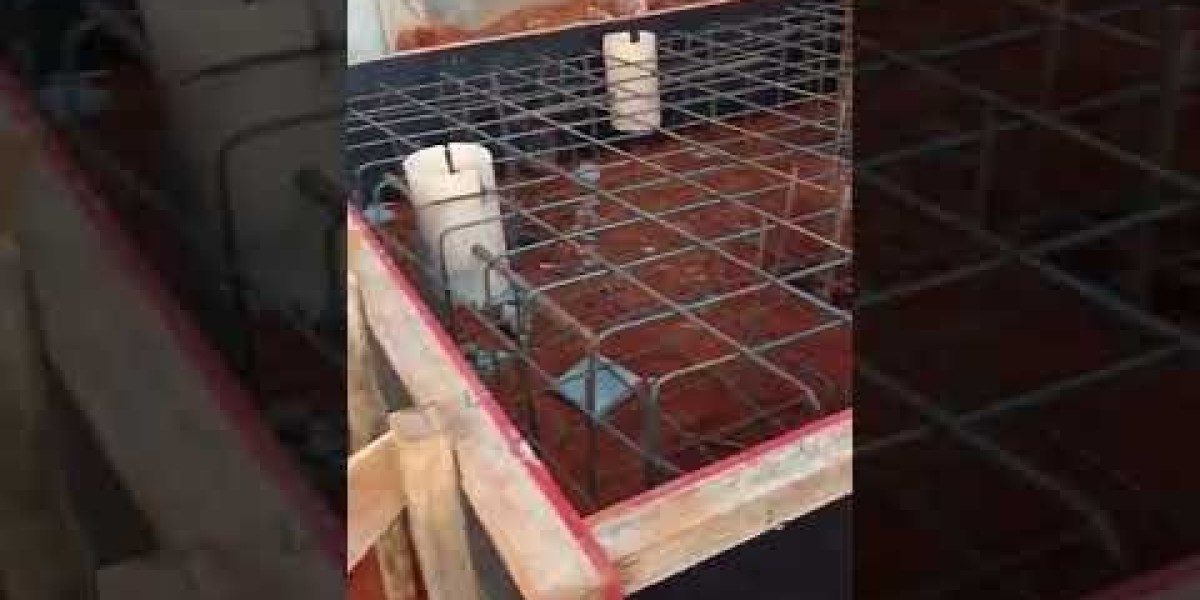Unlock Your Creativity: Discover the Ultimate 3D Printer That Will Change Everything!
3D printing has rapidly gained traction in recent years, captivating the imaginations of both hobbyists and professionals alike. This innovative technology allows users to transform digital designs into tangible objects, opening up a world of possibilities for creativity and custom projects. Whether you're looking to create intricate models, prototypes, or even functional parts, owning a 3D printer can significantly enhance your ability to bring ideas to life. As you embark on the journey of buying a 3D printer, it's essential to consider your options carefully, as the right choice can elevate your creative endeavors to new heights.

Understanding 3D Printing Technology
To make an informed decision about buying a 3D printer, it's vital to understand the technology behind it. At its core, 3D printing, also known as additive manufacturing, involves creating a physical object layer by layer from a digital model. The most common type of 3D printing is Fused Deposition Modeling (FDM), where thermoplastic filaments are melted and extruded through a nozzle to build objects. Another popular method is Stereolithography (SLA), which utilizes a UV laser to cure liquid resin into solid layers. Each technology has its unique applications, with FDM being ideal for prototypes and hobby projects, while SLA is favored for intricate designs that require high precision.
The materials used in 3D printing also play a crucial role in the final product's quality and functionality. Common materials include PLA (Polylactic Acid), known for its ease of use and biodegradable properties; ABS (Acrylonitrile Butadiene Styrene), which is more durable and heat-resistant; and various resins for SLA printers that provide exceptional detail. Understanding these materials and their properties will help you select the printer that best suits your needs and the types of projects you envision.
Factors to Consider When Buying a 3D Printer
When it comes to buying a 3D printer, several key factors should guide your decision-making process. First and foremost is print quality—consider the layer resolution and the smallest details the printer can achieve. If your projects require fine detail, a printer with a high resolution is essential. Speed is another important consideration; if you plan on creating multiple prints quickly, choose a printer known for its efficiency.
Build volume is also an important factor. Depending on the size of your intended projects, you might need a printer that can accommodate larger dimensions. Additionally, think about user-friendliness—some printers come pre-assembled and are easy to use, making them ideal for beginners, while others may require more technical know-how. Lastly, consider your intended use: are you a hobbyist looking to explore creative projects, or a professional needing a reliable tool for prototyping? Your answer will heavily influence the type of 3D printer that’s right for you.
Comparing Different 3D Printers
With a plethora of 3D printers available on the market, comparing different models can feel overwhelming. Start by looking at the features each printer offers. Some may stand out with advanced features like automatic bed leveling, dual extrusion, or enhanced connectivity options, such as Wi-Fi or cloud printing. Evaluate the pros and cons of each model—some may be user-friendly but lack advanced features, while others may provide high-quality prints but require a steeper learning curve.
It's also important to consider the community support surrounding each printer. A strong online community can be invaluable, offering resources, troubleshooting advice, and creative inspiration. This aspect can greatly enhance your experience, especially if you're new to 3D printing. Additionally, consider how easily replacement parts and materials are accessible for each printer, as this can affect long-term usability.
Common Mistakes to Avoid When Purchasing a 3D Printer
Many potential buyers make mistakes that can hinder their 3D printing experience. One common pitfall is underestimating their needs—it's crucial to assess the types of projects you want to tackle before committing to a model. Neglecting maintenance considerations is another frequent oversight; some printers require regular upkeep to function optimally, so understanding maintenance needs is critical.
Lastly, don’t overlook warranty and support options. A solid warranty can provide peace of mind, knowing that you're covered in case of defects or breakdowns. To avoid these mistakes, take your time researching and make a checklist of your needs and preferences before making a purchase. Engaging with online forums or speaking with experienced users can also provide valuable insights.
Making an Informed Choice on Your 3D Printer
Choosing the right 3D printer is a significant decision that can greatly enhance your creativity and productivity. By understanding the technology, considering your specific needs, and avoiding common pitfalls, you can make a well-informed purchase that aligns with your goals. As you embark on this exciting journey, remember to do thorough research and explore the options available to you. With the right 3D printer in hand, the possibilities for creation are virtually limitless!







